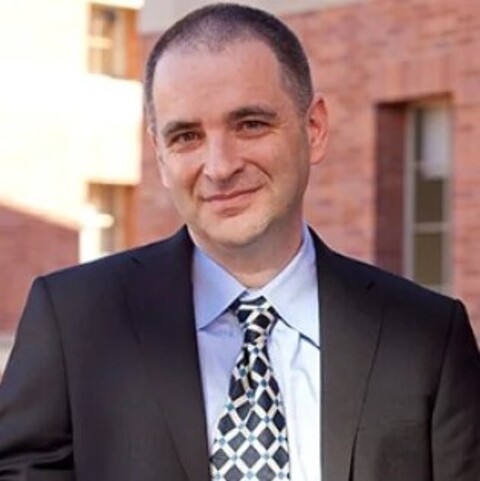Ivo Welch

University of California – Los Angeles
Climate Change, Economics, Technology
Monday, June 10, 2024 – 05:15 – 06:30 PM (CEST)
To join in person, just come to the room EO 165 (i.e., in the castle, building Ehrenhof Ost, level 1, room 165). To join virtually, please register in advance using this link.
Speaker Bio
Ivo Welch is Distinguished Professor of Finance and holds the J. Fred Weston Chair in Finance at UCLA Anderson. A member of the Anderson faculty from 1989 to 2000, he spent five years at Yale’s School of Management and six years in Brown University’s economics department before rejoining Anderson in 2011.
Widely regarded as one of the more influential economists of his generation, Professor Welch has authored numerous publications with far-reaching citation impacts. Most recently, he won a prestigious Humboldt Research Award. His papers have won best paper awards in the major finance journals, and he twice received the Michael Brennan Award. He has recently served as the director of the UCLA Anderson Fink Center and the American Finance Association and is a National Bureau of Research (NBER) research associate. He has written a free textbook on corporate finance and is the editor of the Critical Finance Review.
Known for his work on informational cascades, he has also published in a variety of other areas, such as initial public offerings, capital structure, dividends, market-timing, performance evaluation, earnings management, overconfidence, socially responsible investing and bankruptcy.
Seminar Abstract
Climate change is transforming Earth. By the end of this century, it will likely be approximately 2℃ warmer than it is today – and it could turn out to be a lot worse. Warming will cause great miseries, especially in some specific poor countries. What can we do to help slow down global warming – to move the needle?
So far, much climate activism has been ineffective. Individual carbon-footprint activism has not and cannot greatly change the global climate trajectory. Nor does it matter much what the worldwide social cost of carbon or the optimal level of a carbon tax should be – the subjects of much acrimonious debate – simply because there is no world government. Nor is it realistic to believe that international negotiations will lead to major emission cuts. And even the painful economic sacrifices proposed by United Nation Treaties could slow global warming by only about 0.3–0.5℃ by 2100.
Moreover, expecting such sustained painful sacrifices is unrealistic. Both activists and skeptics alike have trouble coming to grips with reality. The activists who imagine that important decision makers will accept significant local pain on behalf of broader global climate objectives are as unrealistic as the skeptics who claim humanity would not be better off with fewer fossil-fuel emissions. What ultimately matters is not what the world should do, but what its important decision-makers will do.
And just who these decision-makers are might surprise readers. The OECD is no longer important enough to be able to solve the world’s climate problem. Non-OECD countries will soon house more than four-fifths of the world’s population and emit more than three-quarters of the world’s greenhouse gases. We shouldn’t blame them, either. Many are poor and will want to offer their people similar modern standards of living that we in the OECD have already been enjoying. Our collective worldwide dilemma will not be solved by guilt feelings and goodwill in OECD countries, by development aid, or by mandated emission reductions and belt-tightening. The blame game is ultimately an irrelevant distraction.
Not all is lost. The most pressing task now is the intelligent phasing out of fossil fuels. We should subsidize research in all aspects of clean energy, particularly storage. When it arrives, cheaper clean energy will displace most fossil fuels all over the world – and thus truly move the needle.
Admission information
The seminar is open to the public. To receive invitations for upcoming seminar talks, please sign up for the mailing list via this form.